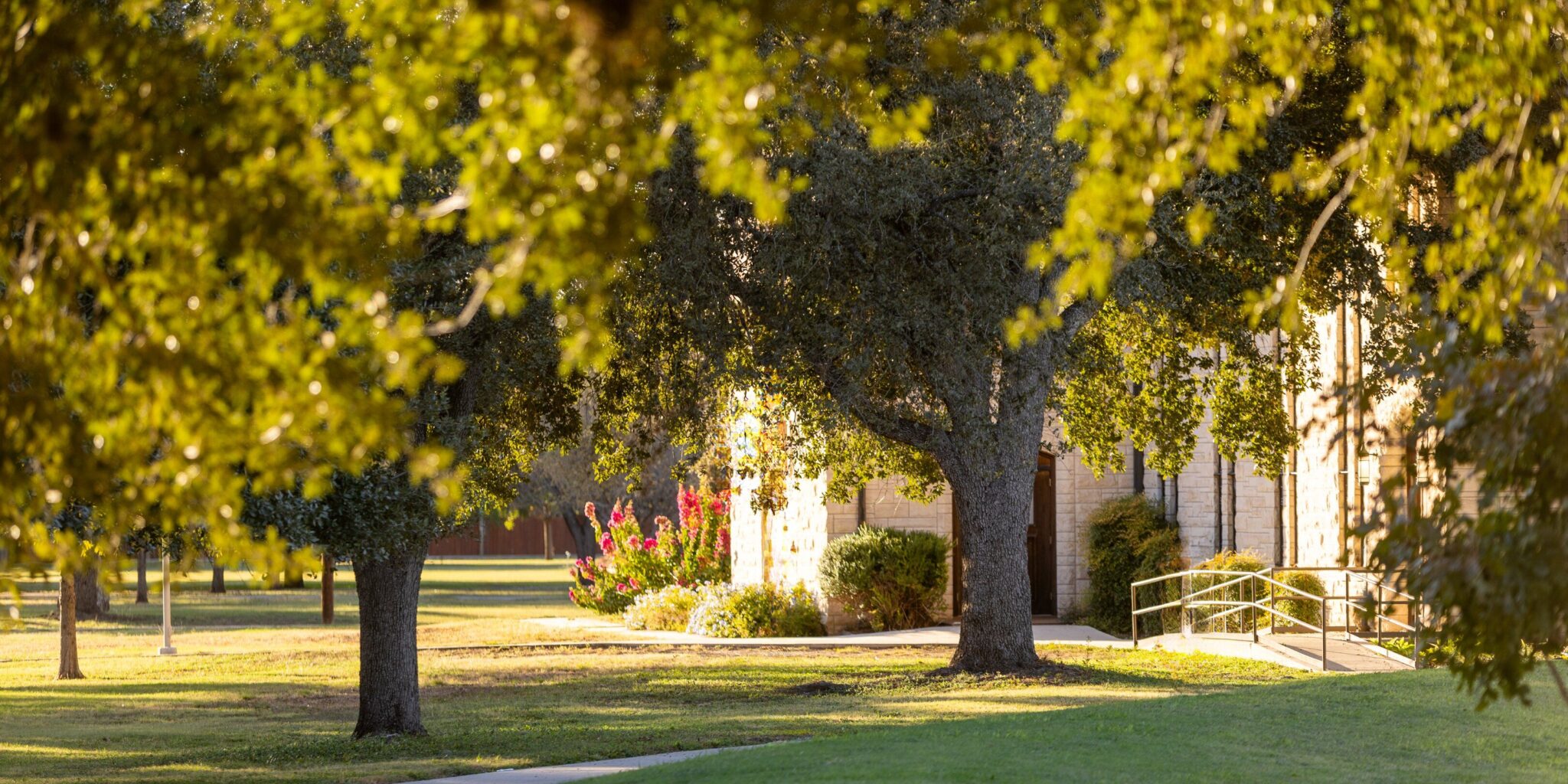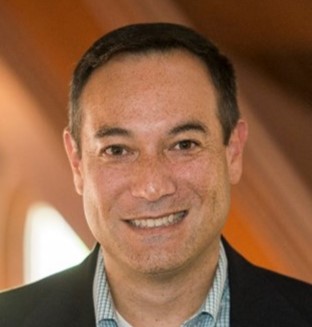NetVUE Resources
Conversation Cards: Encourage Your Students to ENGAGE
NetVUE is excited to announce that the second deck of NetVUE Conversation Cards will arrive next month! The ENGAGE deck encourages students to reflect on practices for thoughtfully engaging the world around them as they discern personal, academic, and professional goals.
Every member campus will receive two decks (sent to each institution’s NetVUE Campus Contact) and, upon request, may receive up to 14 decks free of charge. Need even more? Campuses will be able to order additional decks through their Campus Contact. For further information, reach out to Krista Hughes, NetVUE director of resource development, at khughes@cic.edu.

Read below for a quick menu of the most recent episodes of Callings, NetVUE’s highly popular podcast. Typically lasting 45 minutes, each episode is not only a potential tool for your work with students; it can also serve as a reminder of old and new vocational insights for yourself.
The NetVUE Blog
Vocation Matters
NetVUE’s blog, Vocation Matters, has been active this fall, featuring a number of contributors from various institutions and with diverse fields of expertise. Below are a few snapshots of recent posts.
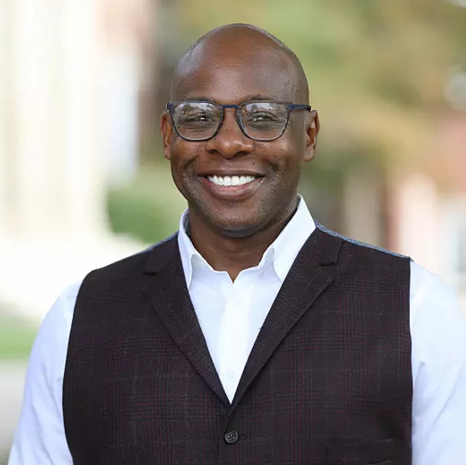
Ethos and Vocation | By Reginald Bell, Jr.
Published October 23, 2024
In the first in a series of four posts, Reginald Bell, Jr. explores the relationship between vocation and rhetoric. Beginning with a description of how his own character was shaped by his father, who was a Holiness-Pentecostal preacher, Bell explores how his ethos as an educator has influenced his students. Contrasting an ethos that extolls wealth (like that of Joel Osteen) to an ethos that focuses on love (like that of bell hooks), this post invites readers to imagine how their own ethos impacts the vocational journey of those they influence.
Hope through Connection: Integrating Vocation into Introductory Courses | By Deirdre Egan-Ryan and Caroline VanSistine
Published October 8, 2024
This is the first post of a series in which Deirdre Egan-Ryan and Caroline VanSistine reflect on how embedding vocational reflection into the first course in St. Norbert College’s English major, Introduction to Literary Studies, has led to positive vocational outcomes for both students and faculty members. Notably, all five posts in this series feature Caroline, a junior at St Norbert, in conversation with Deirdre. In this first post, Caroline reflects on her experience as a student in this course and explores how it served as “a powerful catalyst for her discernment.”
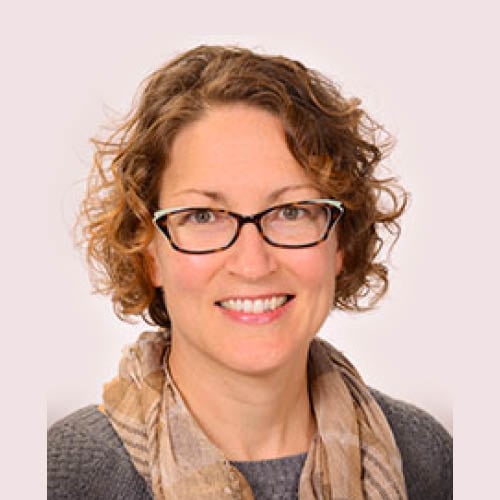

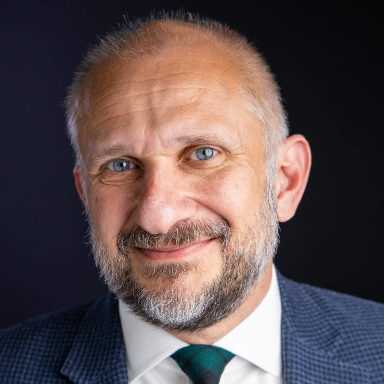
Echoed Vocation IV: A Call to Wisdom| By Martin Dotterweich
Published September 25, 2024
In his final post exploring virtue, autism, vocation, and the teaching of history, Martin Dotterweich tells a story from his travels in Ireland with his two children to illustrate the role that wisdom plays in our vocational exploration—along with the challenges of listening to the voices that guide us to it. If you too sometimes assume that the harder the journey, the more rewarding the result, this post will serve as an amusing parable. Dotterweich finds wisdom from his children accompanying him in the car, reminding us that receiving wisdom often requires humility.
Vocational Formation as Humane Learning: Insights from Chris Higgins’s Undeclared | By Jeff Frank
Published September 18, 2024
In his response to Chris Higgins’s recent book, Undeclared, Jeff Frank explores how we might strengthen avenues of vocational exploration by resisting the notion that the primary role of the university is to prepare students for their future jobs. In contrast, Jeff explores the dynamic nature of vocation that unfolds over the course of our lives—and how this approach can reinvigorate “humane learning” and the liberal arts. This in turn can help us support our students in their discernment of meaningful work, as well as help them approach their careers as an opportunity to continue to grow within their vocations over the course of their lives.
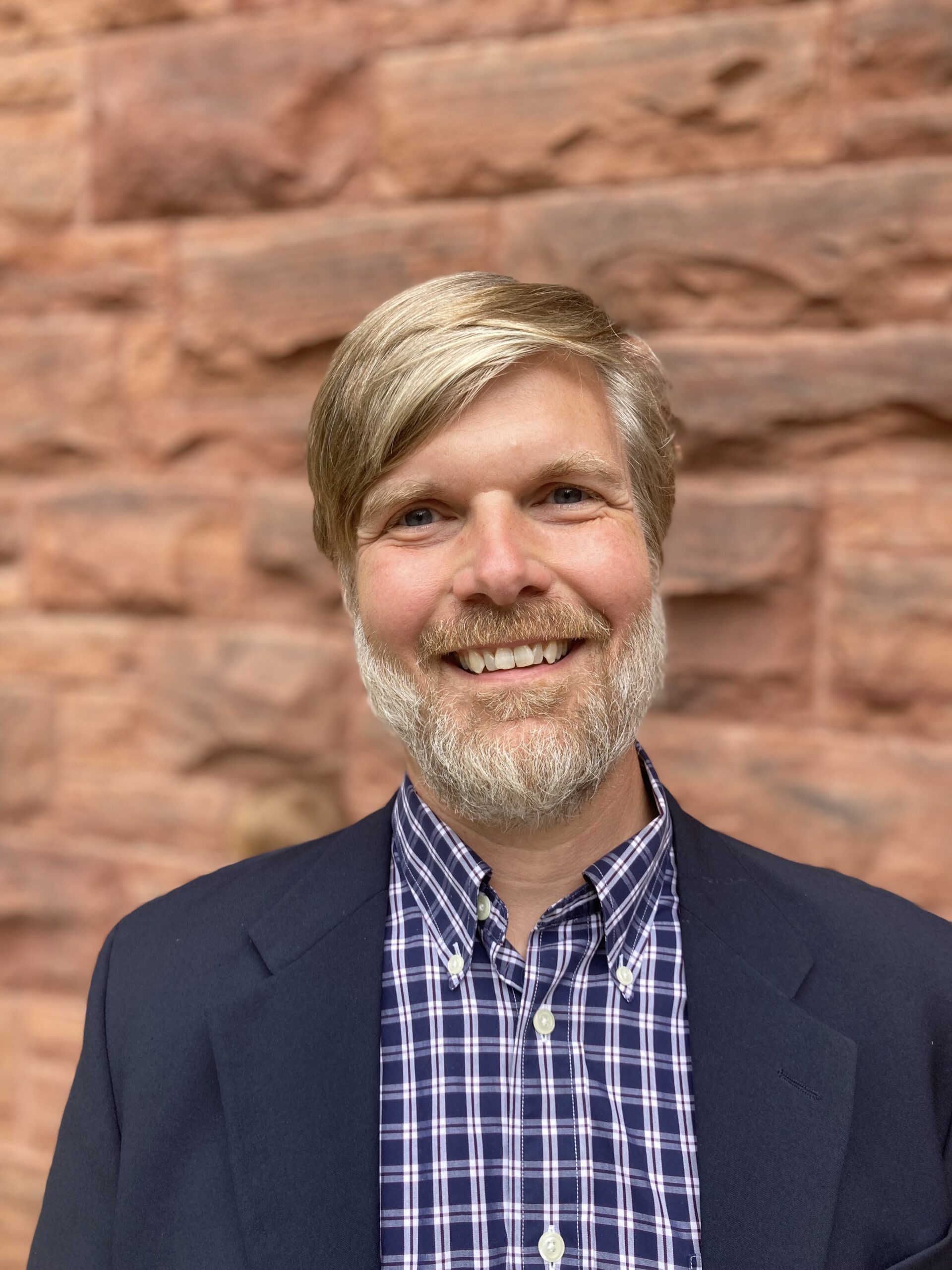
NetVUE Opportunities
The Big Read: Join the Conversation about Vocation this Year!
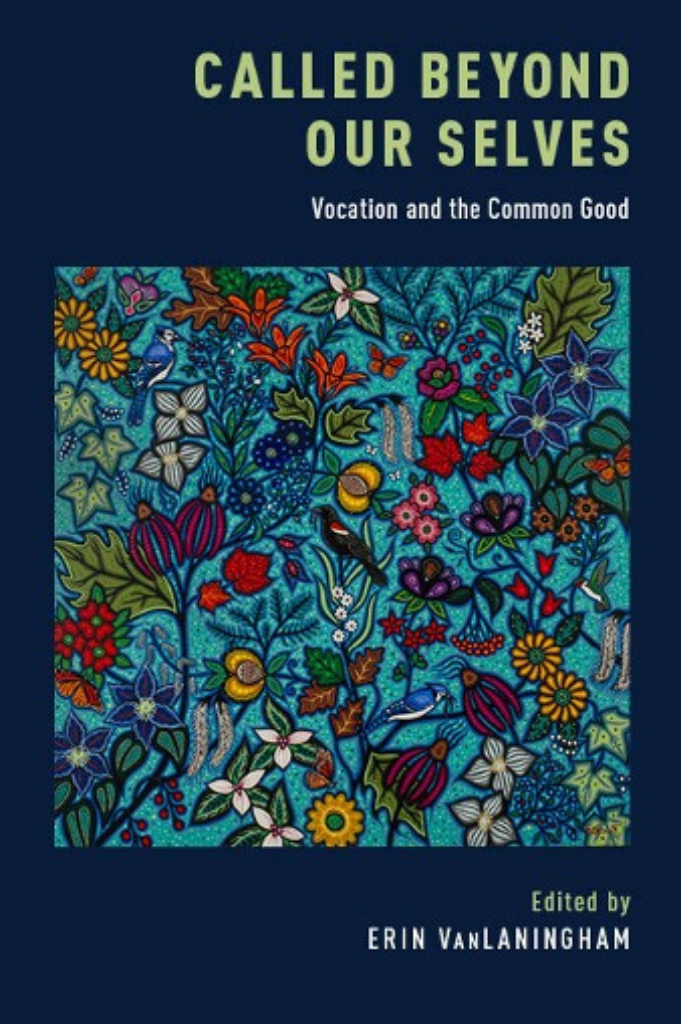
In September, NetVUE launched this year’s Big Read at a gathering at Loras College, which was attended by over 100 participants. Another event celebrating this event will take place at Furman University in February. Meanwhile, we encourage member institutions to engage in this program on their campuses and read the newest volume from the NetVUE Scholarly Resources Project, Called Beyond Our Selves: Vocation and the Common Good, edited by Erin VanLaningham and published earlier this year by Oxford University Press. Up to ten free copies will be supplied to a limited number of institutions (hint: apply soon!) that design a compelling plan for reading the book together. For detailed information and to apply, visit the NetVUE website.



